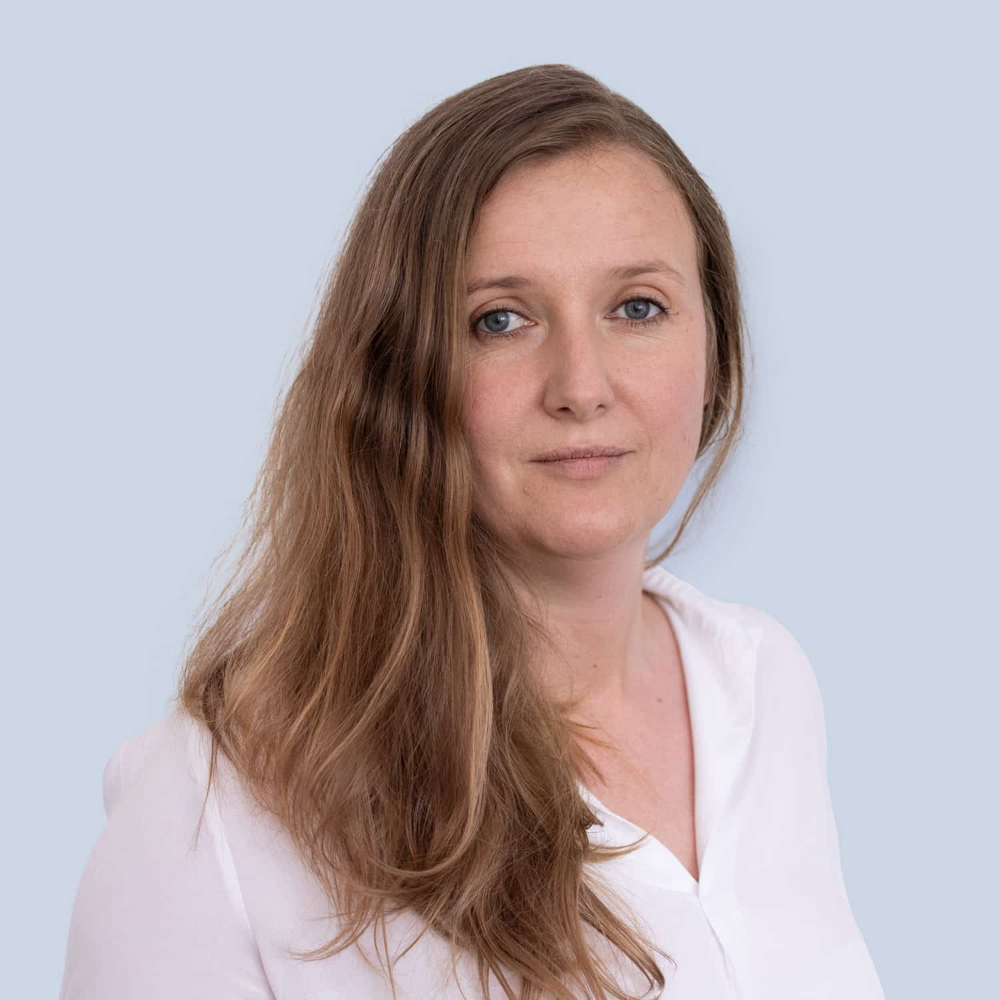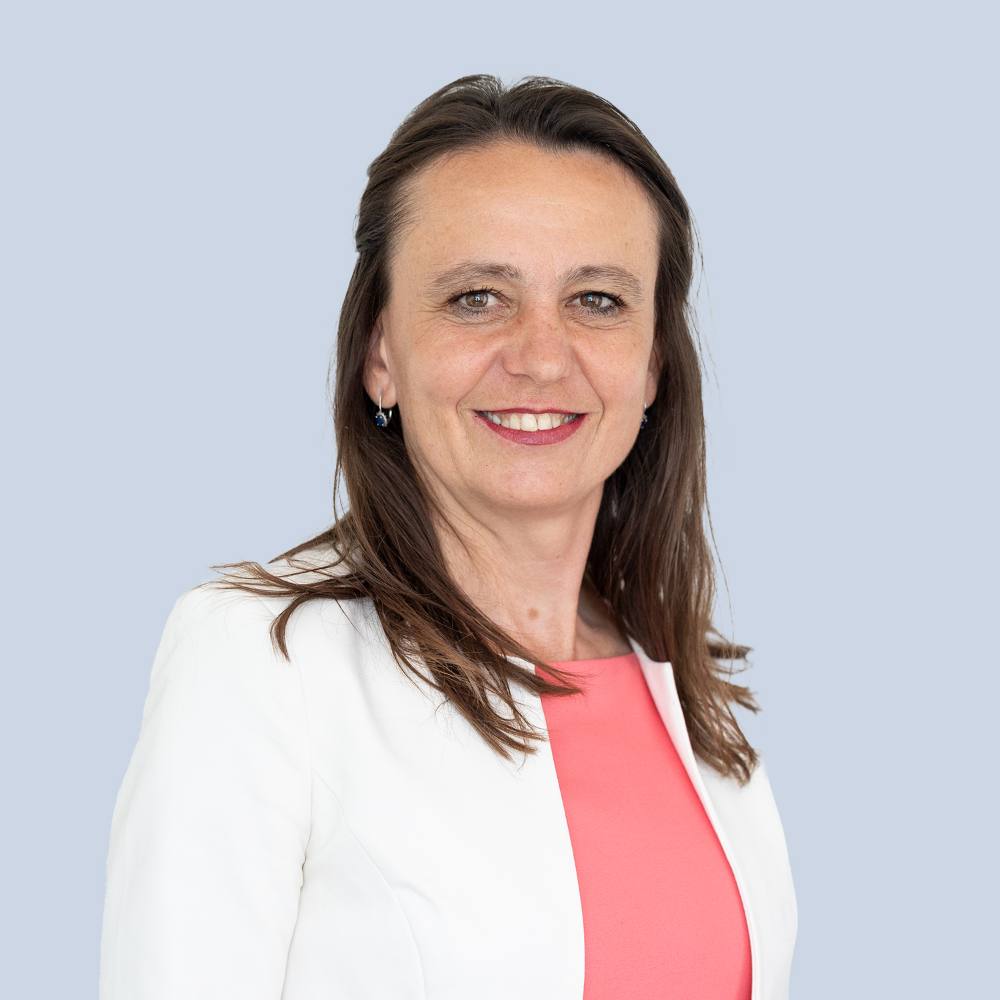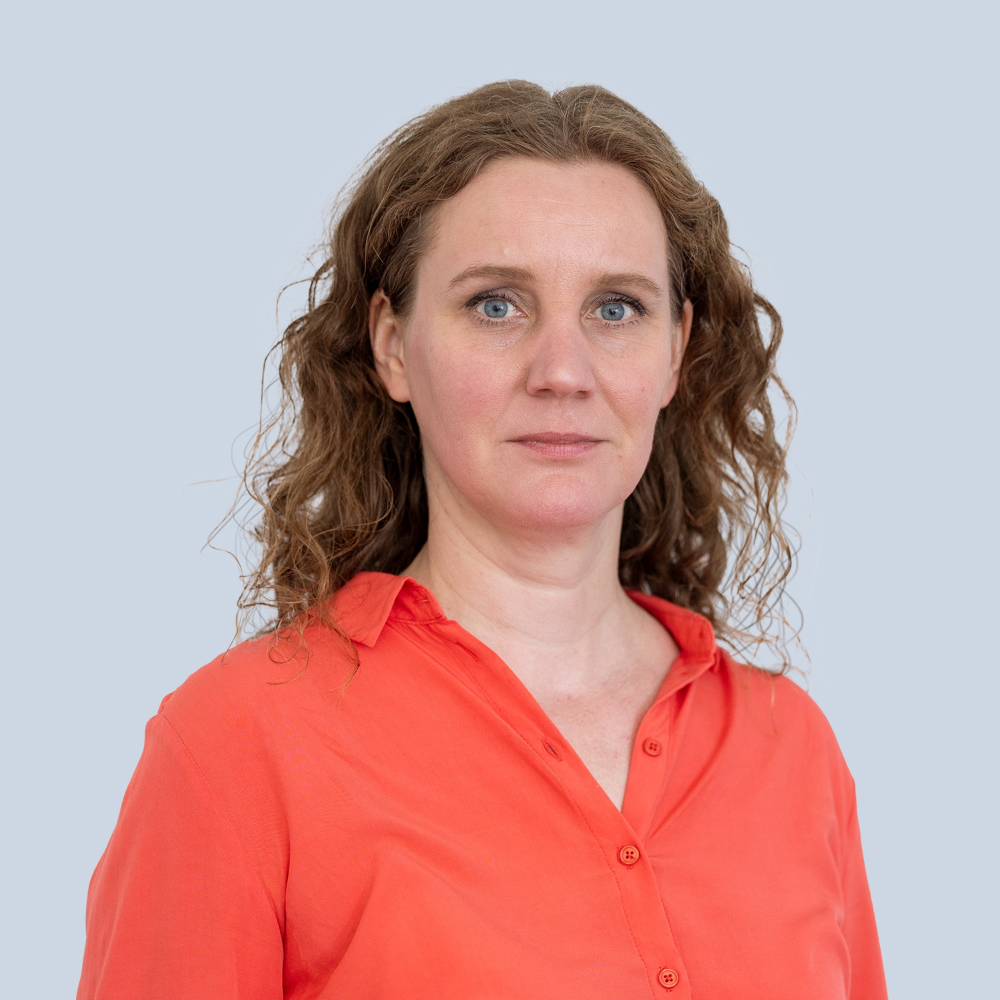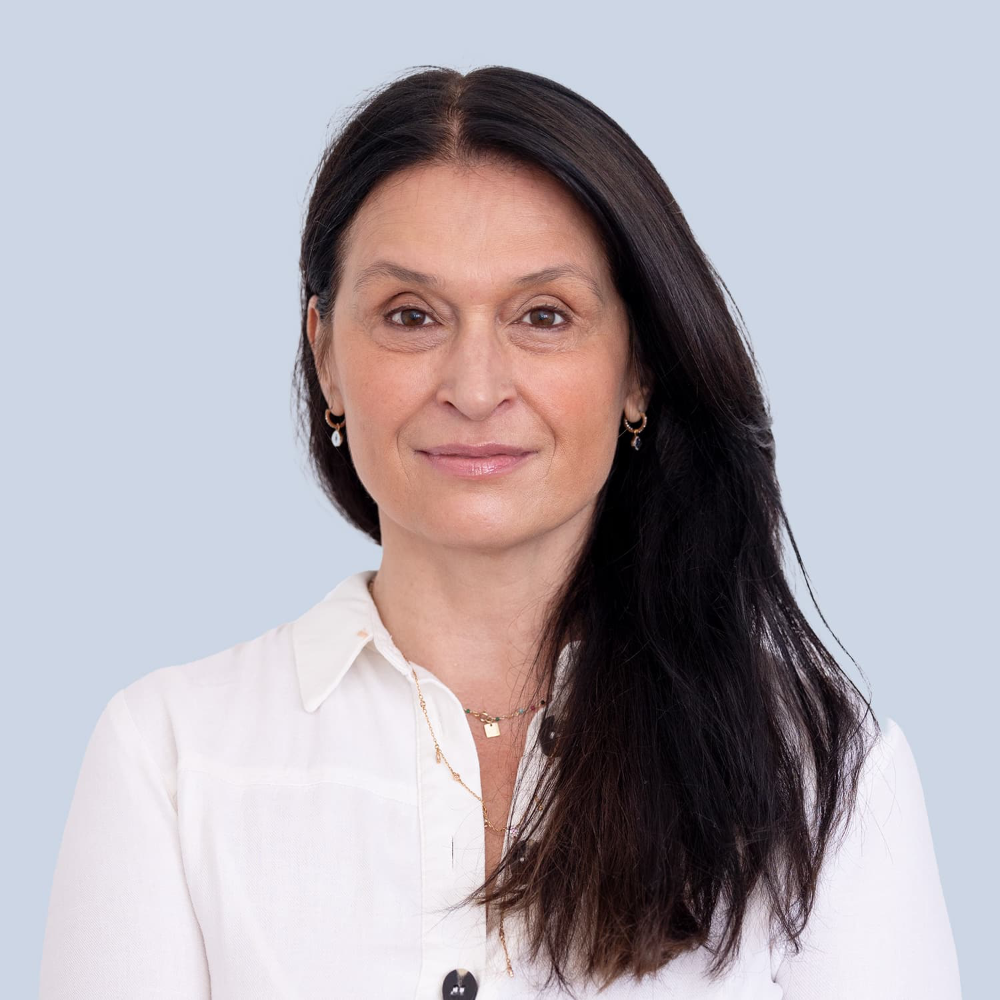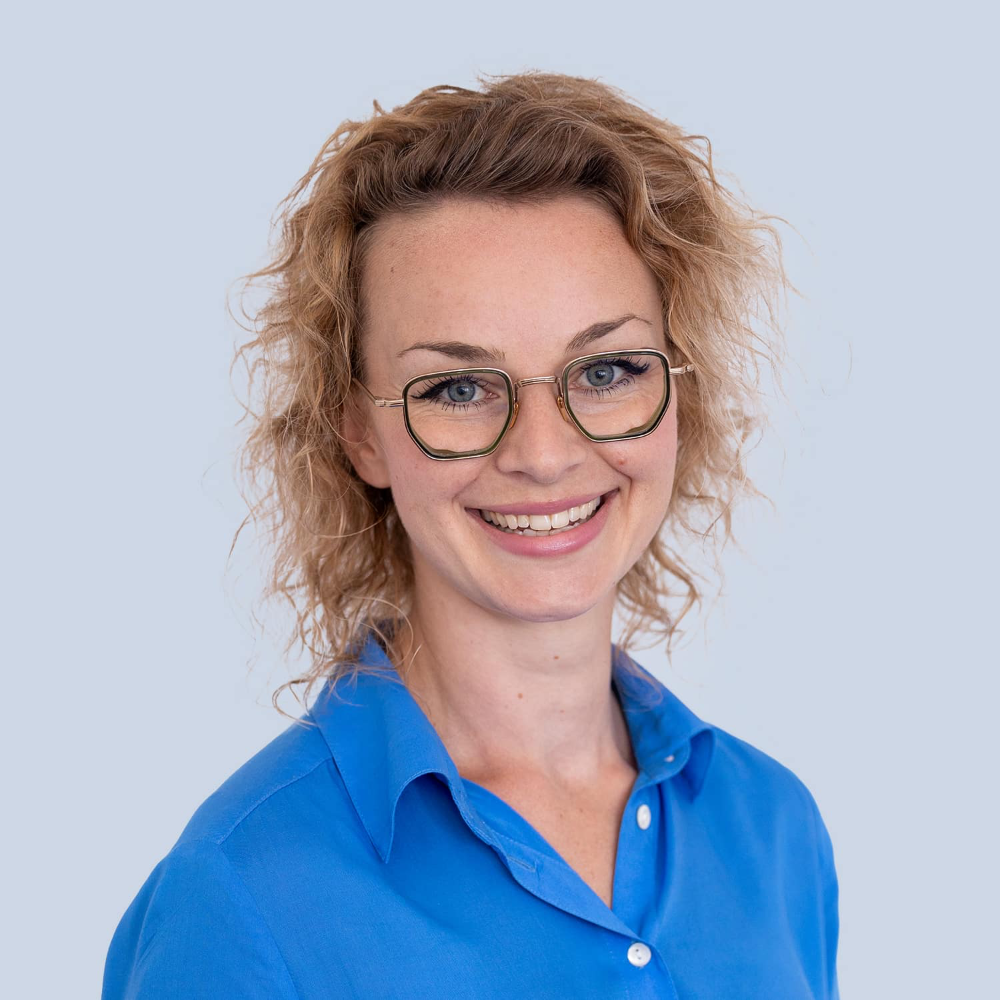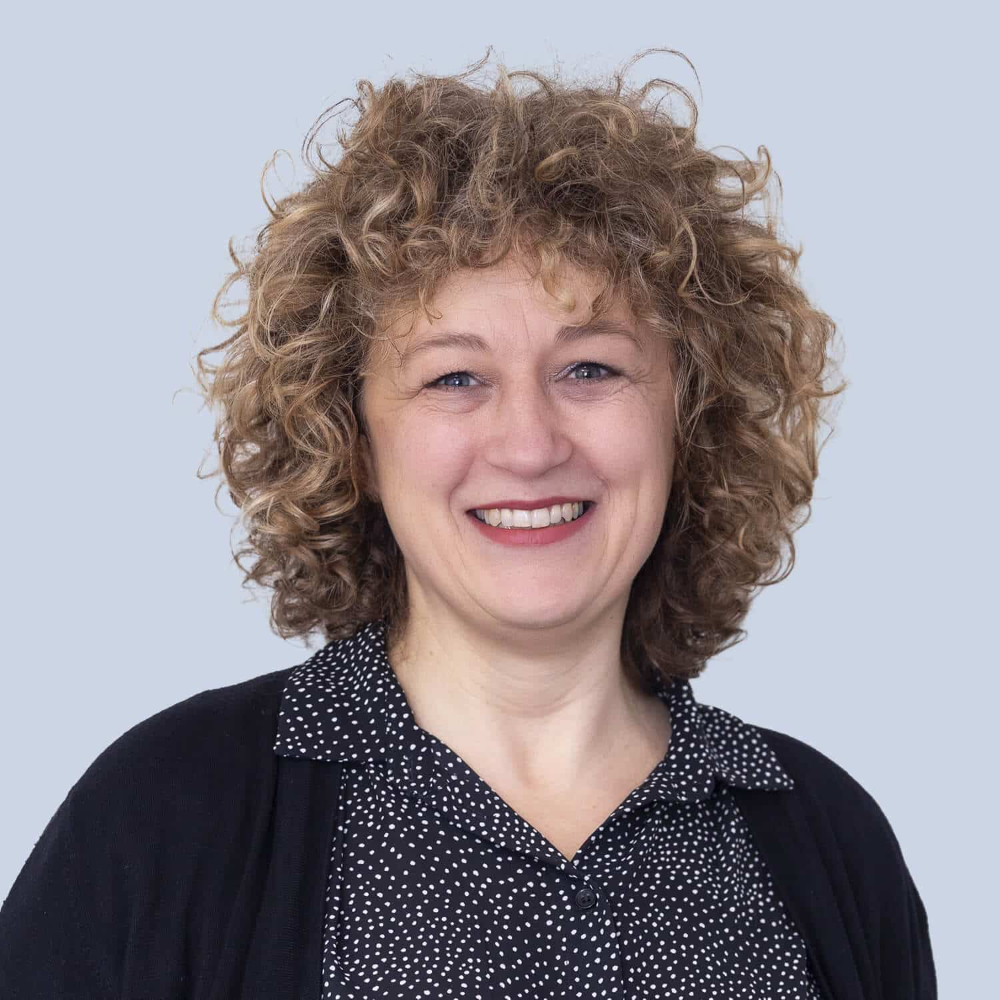Drug addiction
01
Understanding and Treating Drug Addiction: A Comprehensive Approach
Substances that alter consciousness and consequently our experience of the world have been among humans since time immemorial. There are many types of substances that are very often abused and addictive. The reasons why people turn to drugs are varied. At first they may include curiosity and a desire for new experiences, later they may become a tool to suppress negative feelings and try to escape from solving crisis situations.
Drug addiction is a process that can go through several stages: from initial experimentation and feelings of excitement, through loss of control over the amount and frequency of use, to the stage when drug use ceases to bring any positive effects and becomes a way to avoid withdrawal symptoms or mental and physical pain.
02
How to effectively recognize drug addiction and how to deal with it
Recognizing drug addiction involves observing changes in behavior such as strong cravings for the drug, problems controlling the amount and time of drug use, increasing doses to achieve the same effect, prioritizing drug use over other activities, and continuing to use despite negative health effects and relationships.
Overcoming addiction requires more than just a strong will; professional help and support is required. Addiction can affect anyone, regardless of socioeconomic status, and is often difficult to recognize. NEO Center offers comprehensive services for the treatment of addiction, including outpatient care and residential programs that are tailored to the individual needs of clients. Our experts are ready to provide support, advice and therapy to help clients on their road to recovery.
Overview of the most common addictive substances
Overview of new synthetic drugs that are on the rise
Our team
Meet our team
Do you need help?
You can send us a message or call us every day from 8 a.m. to 8 p.m. +420 228 226 101
This website is using cookies
You can either allow them all with the "I agree to all" button below, refuse or set the "Detailed settings" in detail. You can also change the selection later. More information about cookies in the Cookie Policy .


